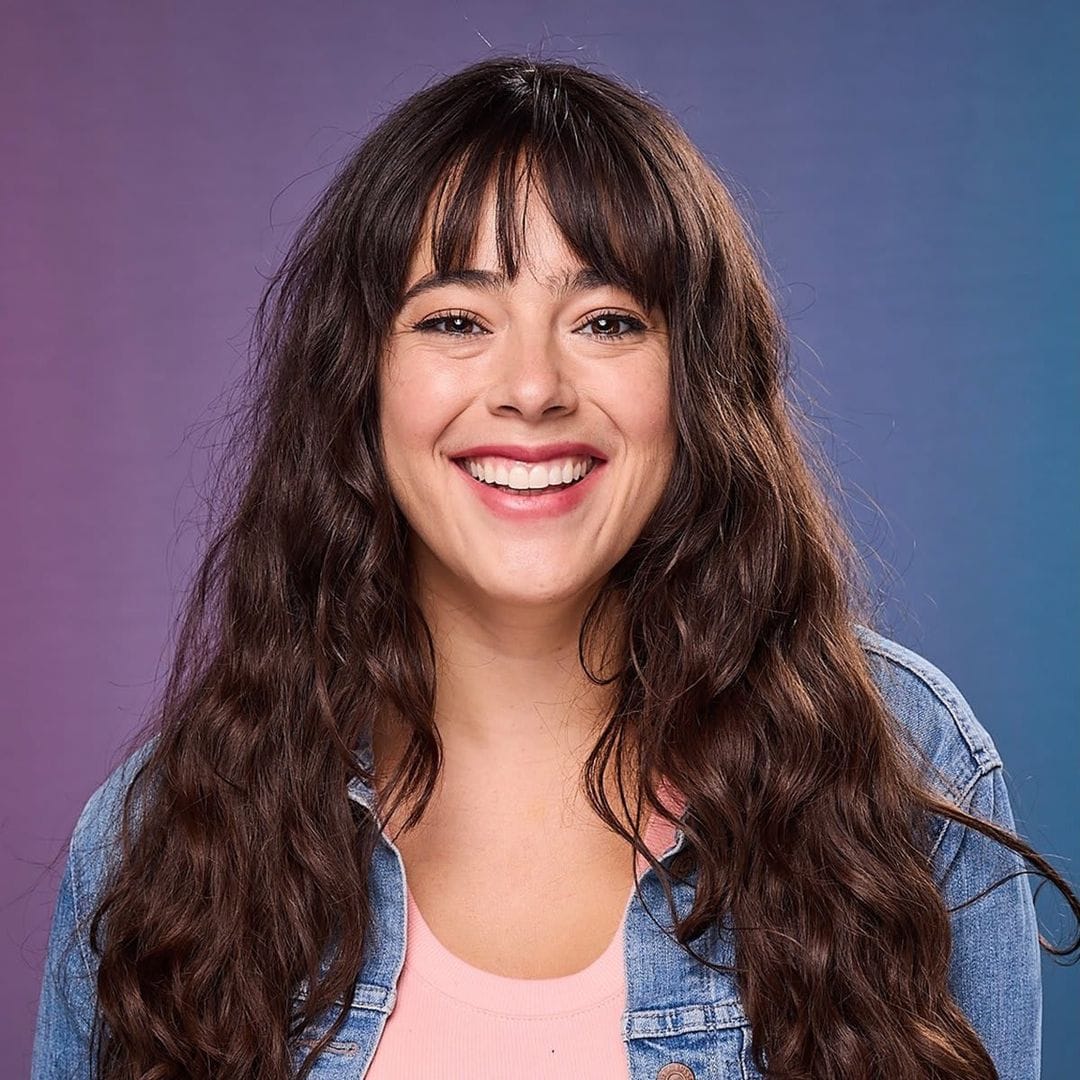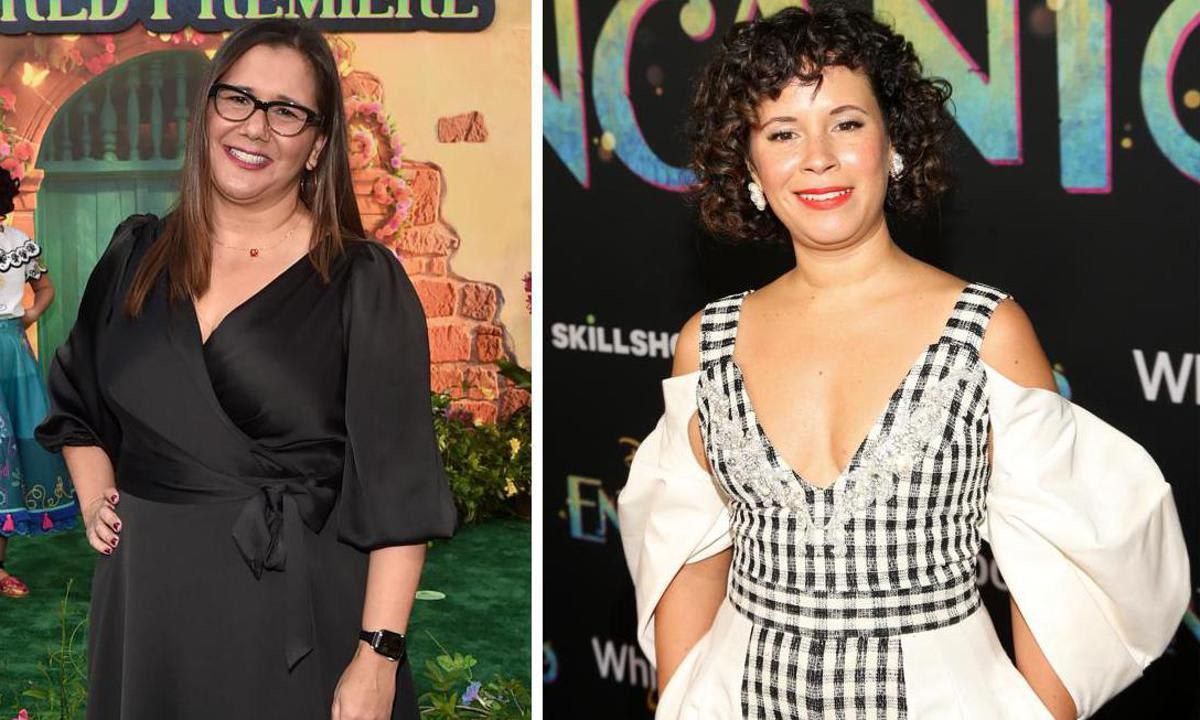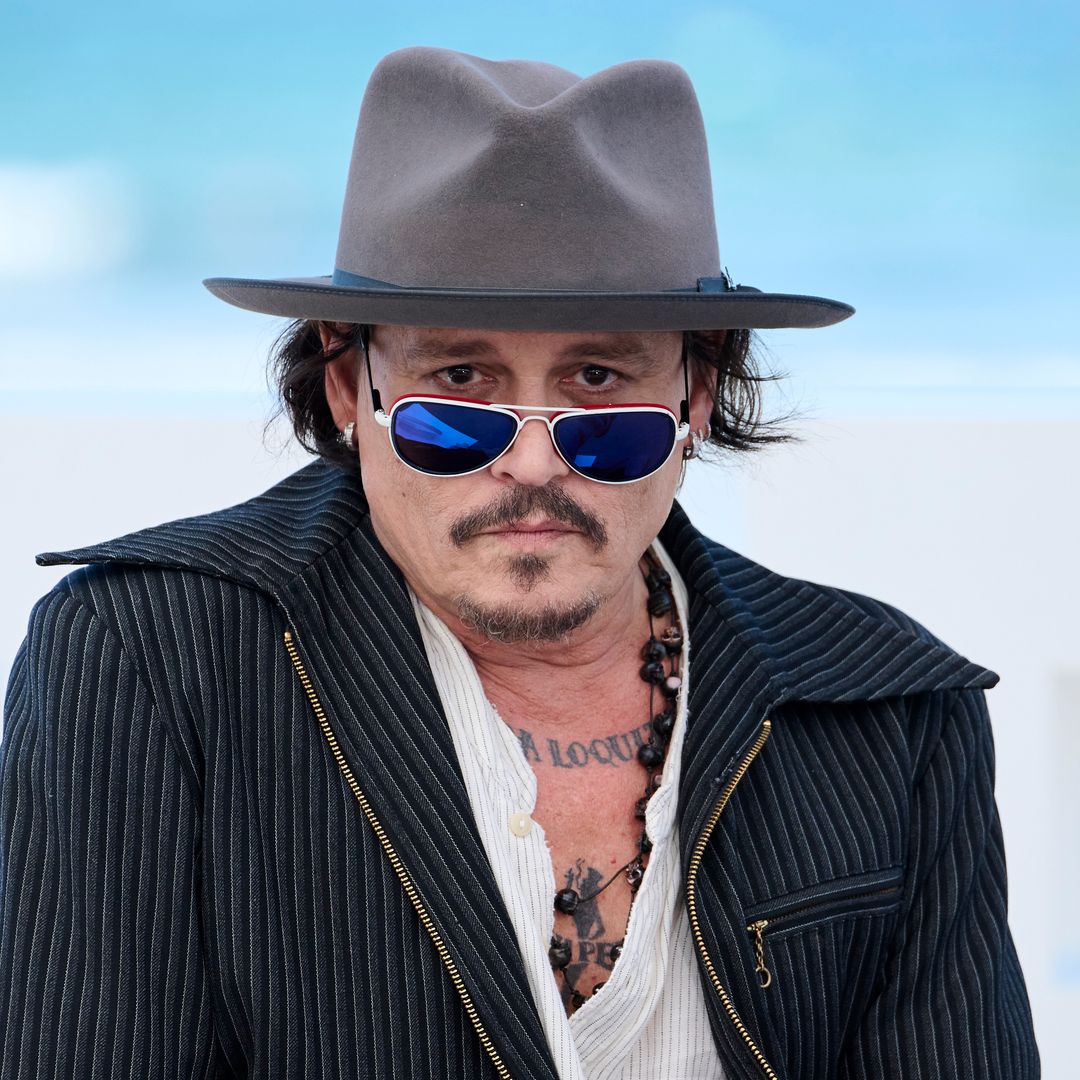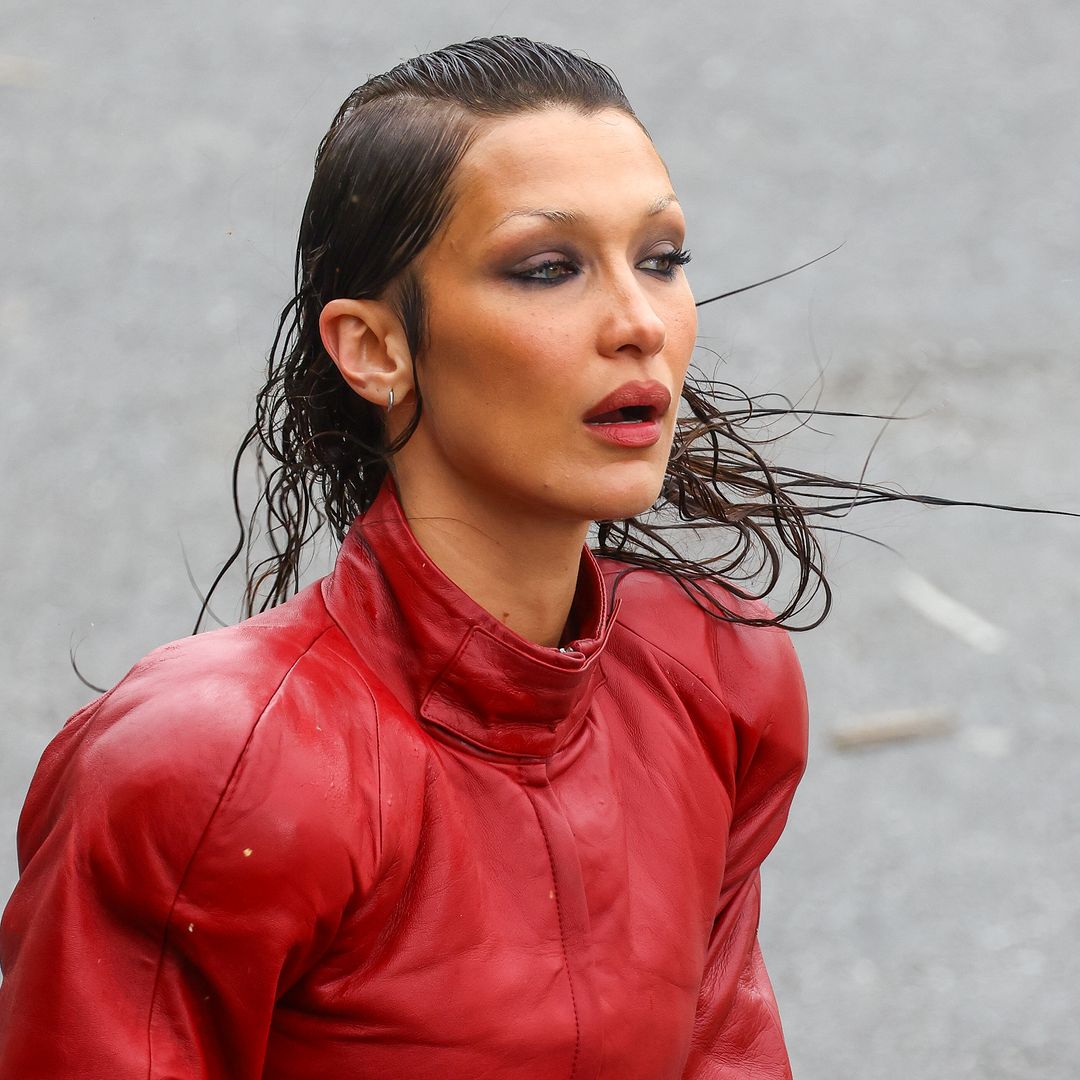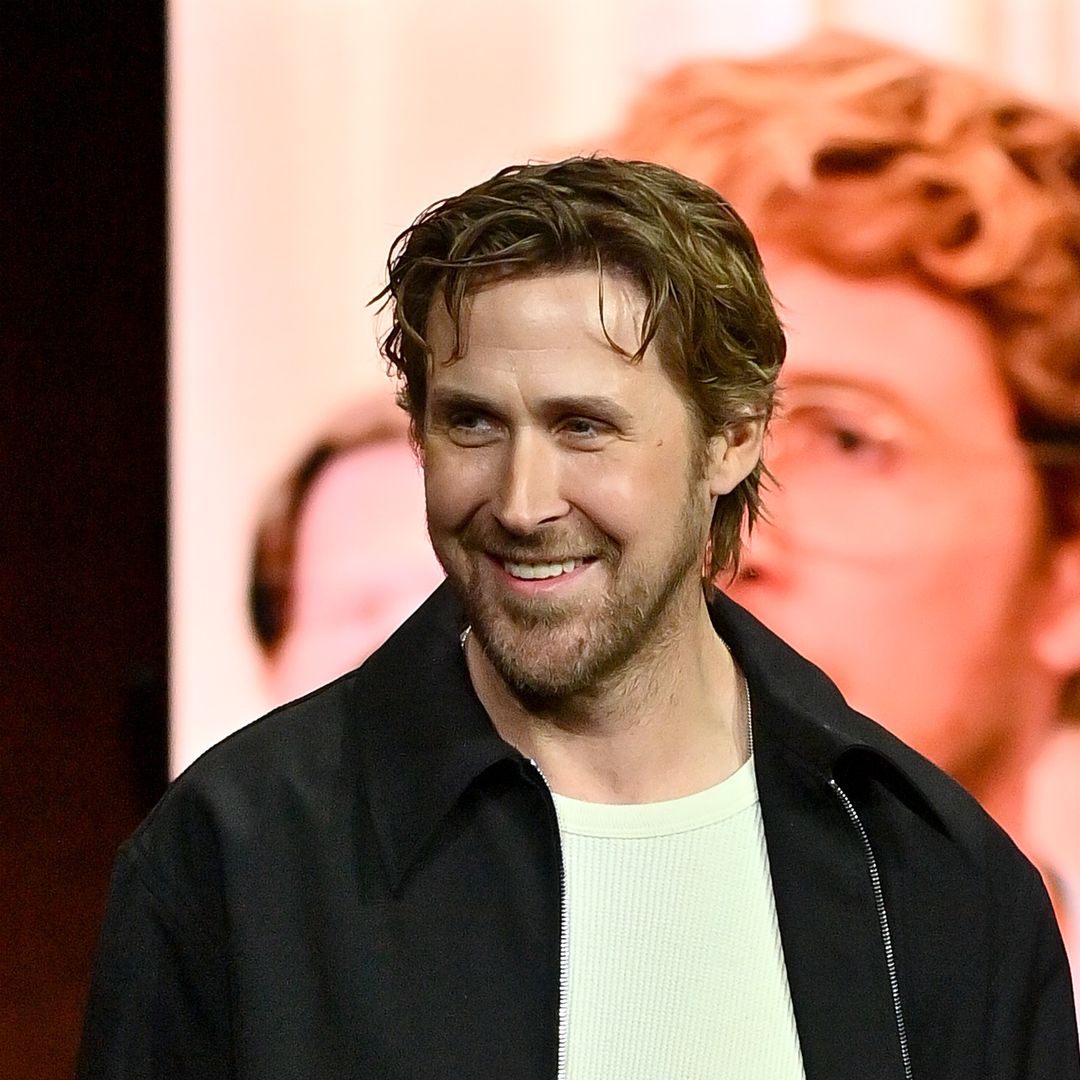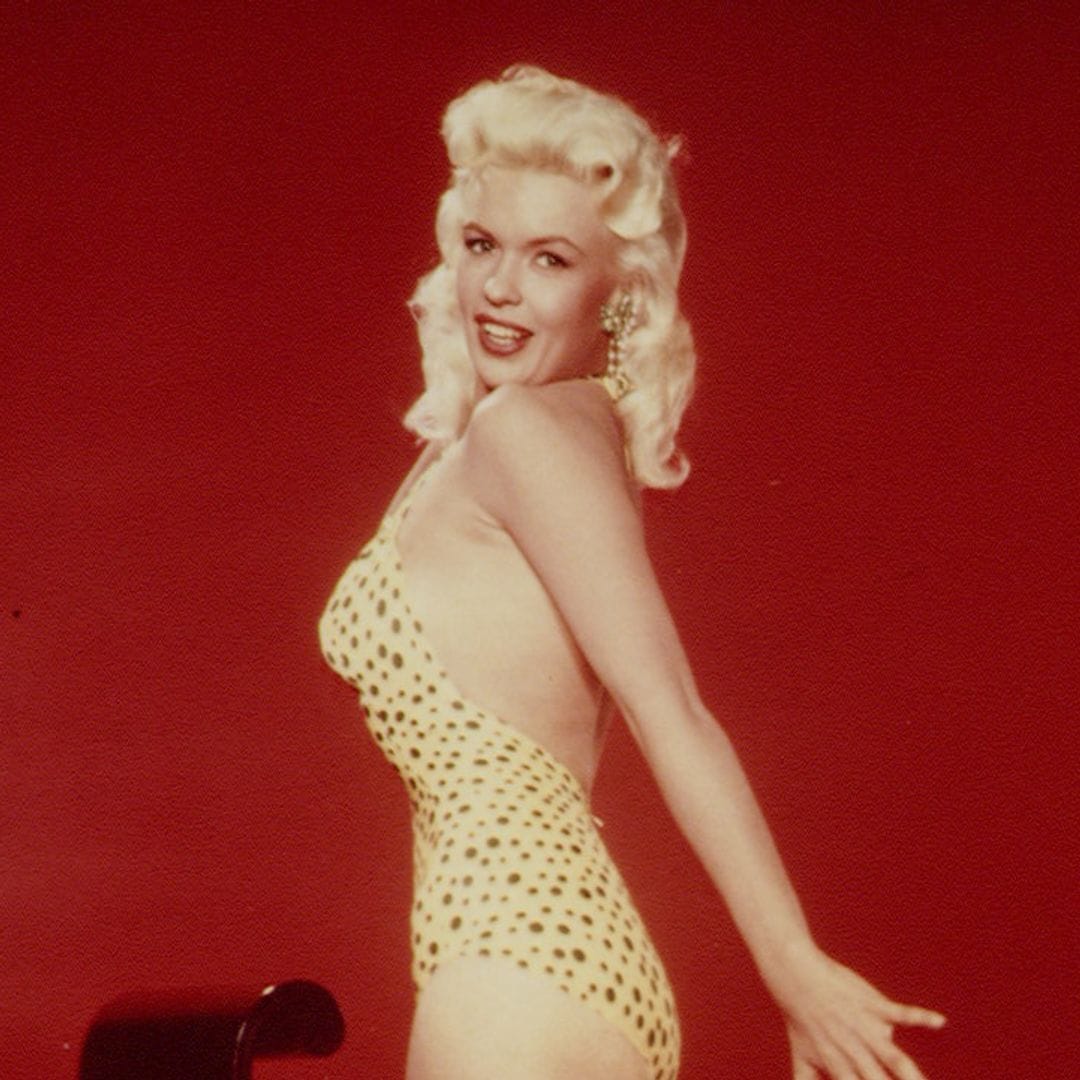Hispanas Organized for Political Equality (HOPE) hosted their 31st Annual Latina History Day Conference in Los Angeles Friday, and they brought together hundreds of women to recognize the historic and current achievements of Latinas while embracing the rich diversity of the Latina experience. HOPE has been instrumental in securing local, county, state, and congressional officials to declare the second Friday in March (during Women’s History Month) as Latina History Day, and this year’s theme was Empower Your Inner Genius.: ‘a call to action for each Latina to share their brilliance with the world, and a celebration of the Latina thinkers, creators, and doers, past and present, who have made history and continue to shape our future.’ HOLA! USA had the opportunity to participate in the Breakfast Program which featured a panel with the Oscar-nominated film Encanto’s producer Yvett Merino, and the film’s co-writer and co-director Charise Castro Smith. The panel gave insight into their lives and was inspiring for Latinas with big dreams. Read some of the special moments from the panel below.
HOW THEY GOT STARTED IN THE FILM INDUSTRY:
Charise: I was really interested in theater from a very young age. I was really, I loved plays. I did a lot of community theater for Miami... And, I went to college and studied theater and went to the Yale School of drama as an actor and studied that and started writing plays, and writing plays led to TV writing.
Yvett: I had a little different path. I grew up here in Southern California in Norwalk. And I didn’t really know what I wanted to do. My parents worked hard, raised us … and said go to college and get a job. And that was my instruction with life. And I didn’t really know what else to do. They didn’t go to college, so they didn’t really know how to guide you through. So I kind of had to figure it out. So I went to UC Santa Barbara. In undergrad, I studied sociology. And I didn’t know, again, I didn’t really know what I wanted to do. I met one of my best friends there. And from day one, she knew she wanted to be a teacher. And all these years later she’s still teaching. I didn’t have that … So after college, I worked in social work for a couple of years. It didn’t really feel right for me. And so I started temping around and I ended up with a long-term tech job at Disney animation. I was fortunate enough to get hired on. And then, I worked in the technology department. I was an assistant and I got promoted to like an administrative manager. And again, I was happy working at the studio. We have an amazing studio. We’re with amazing people there, but I didn’t really feel fulfilled. And I was like, oh, I guess this is work. My parents now never really loved work, so this must be it. But over time, I just couldn’t, I just wasn’t challenged in my job and I just wasn’t enjoying it. So I got an opportunity to kind of switch jobs. And through that, I met a producer who ended up being one of the producers on Tangled and he said, ‘I need somebody to manage my editing department. Why don’t you come and try? I think you might be good at it.’ And that’s how I got my start in production.
IT TOOK OVER 5 YEARS TO DEVELOP ENCANTO
Charise: We’ve developed this film as I was saying over the course of multiple years, and we tried lots of different versions, Jared, my co-writer, and I had 1300 drafts of this film from beginning to end. We tried a lot of different ways of making this story, figuring out what it was. And we had a version for a while where there was an antagonist and it just felt really silly because the heart of this movie was always, this family and sort of who they were and the complex joys of family.
THINGS THEY’VE LEARNED IN THE INDUSTRY
Yvett: I learned how important it is to build your community. And so it’s really about allowing people, letting people know that the roles are out there, but also making them feel welcome.
Charise: I think it’s about empowering people and sort of holding people’s chance as they’re starting in the new industry. I am really inspired by that but also by a lot of leaders in the entertainment industry, I’m looking at like Tanya Keller, these people who are empires and hiring people, and really, especially Tanya has a whole lab where she is like identifying new upcoming writers and helping them sort of get their first job. So I think it’s about sort of opening the door once you kind of get to a certain place where you can hire people and bring people with you. It’s about holding your hand out and kind of bringing people along for the ride.
WHAT WINNING AN OSCAR WOULD MEAN
Yvett: If we’re so lucky… really, I think it’s what it means to the community and young girls everywhere. To see someone who looks like them up on the stage. I never saw that I didn’t have that. So I didn’t even dare to dream that. So really, my hope is that if we’re fortunate, there’s a lot of knocking on wood, it’s really about showing people that it’s possible. For any little girl out there watching, who’s watching and seeing that, hey, there’s somebody that didn’t come with any connections in Hollywood, didn’t come knowing anyone, that it’s completely possible. It’s a lot of work, but it’s possible.
THE MESSAGE THEY WOULD SHARE WITH LATINAS IN THE ROOM
Yvett: Find who you are...
,type=downsize)
